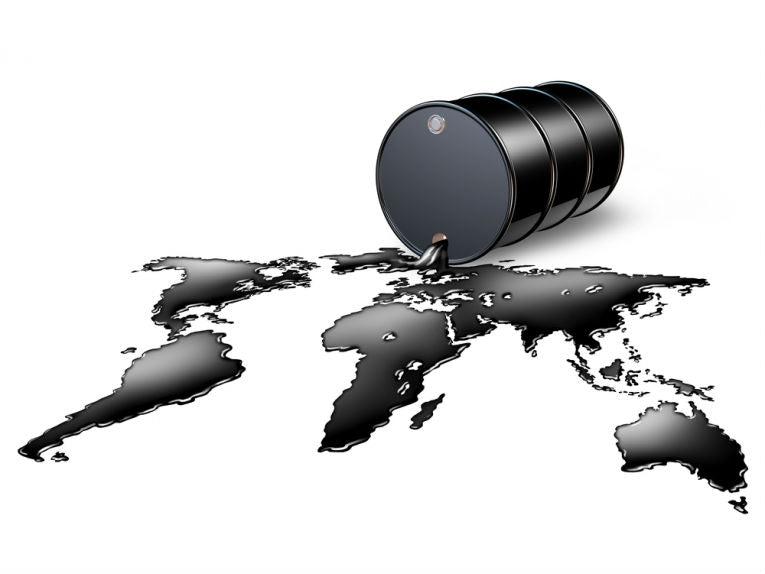The peak oil debate is basically divided into three camps, those who wish to save the world, those who wish to safeguard jobs, and those who take a pragmatic view that encompasses both sides of the peak oil argument. To obtain a balanced view of the situation it is necessary to consider the views of all three of these groups.
On one side, there are people fiercely opposed to the drilling of oil. This is because they recognize the massive environmental impact that drilling can have, as well as the devastating impact that transporting oil can have when it all goes wrong.
There have been multiple cases in the past of oil spillages in the ocean that have had a devastating impact on the environment. Both wildlife and the environment of the ocean and shores themselves have been damaged severely. The cleanup efforts can cost a great deal of money as well as being ruinous to the environment. The economic impact on local businesses and the fishing industry can be phenomenal.
As well as these concerns, they realize that oil cannot last forever. Peak oil is thought by some to be already upon us. Oil stocks are predicted by many to go into decline this half-century. Not only does it seem foolhardy to rely on a finite energy source, but the competition for the last remaining supplies could cause war and political turmoil. It is suspected that wars have already been initiated in the past with securing oil supplies in mind, and there is certainly some evidence for this.
The other side of the debate recognize that the practicality of replacing our energy infrastructure is not an easy thing. That with all the good intentions in the world, those who wish to save the world are not always practically minded people. It's not just petroleum distillate (fuel) that can be produced from oil. It has applications as diverse as toothpaste and plastic production. The replacement of our energy infrastructure could have a major economic impact, since many businesses, and indeed countries, rely on oil drilling for their income.
There are also many jobs in the fuel, logistics and drilling industries themselves which could be placed in jeopardy, as well as industries who indirectly rely on oil drilling for income, such as, the automotive industry. Unfortunately, it is simply not possible to reduce our reliance on oil overnight.
The people who take a more balanced view of both sides of the argument, recognize that whilst we rely on a finite resource, we are in danger of running out and having an adverse environmental impact. That we should be taking steps to reduce our reliance on hydrocarbons. This doesn't mean stopping drilling for oil completely, but reducing our impact by diversifying our energy options. Regardless of how we feel about the environmental impact, it doesn't make sense to put all our eggs in one basket.
They also recognize that electric vehicles have improved dramatically in recent years. Though their production still has an impact on the environment, they are developing by using more efficient methods of production all the time.
By using such vehicles, we may still have to rely on hydrocarbons for some time, but we will reduce the need and ensure that oil supplies last for longer. These oil supplies can also be used in other applications where they are more useful and less damaging to the environment.










